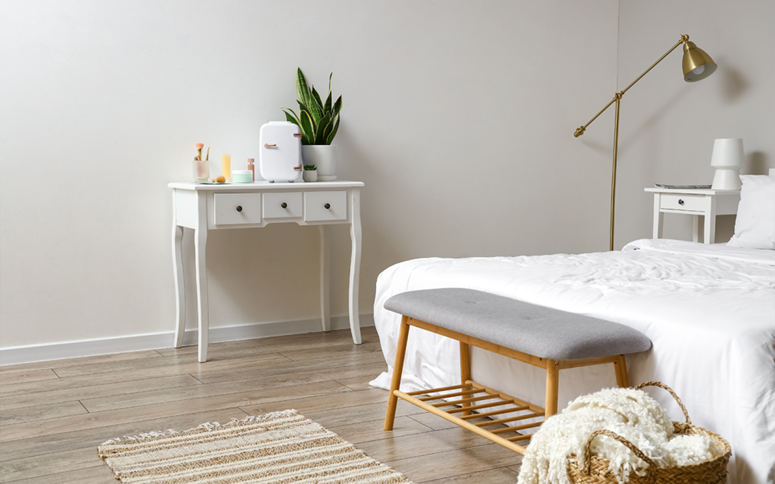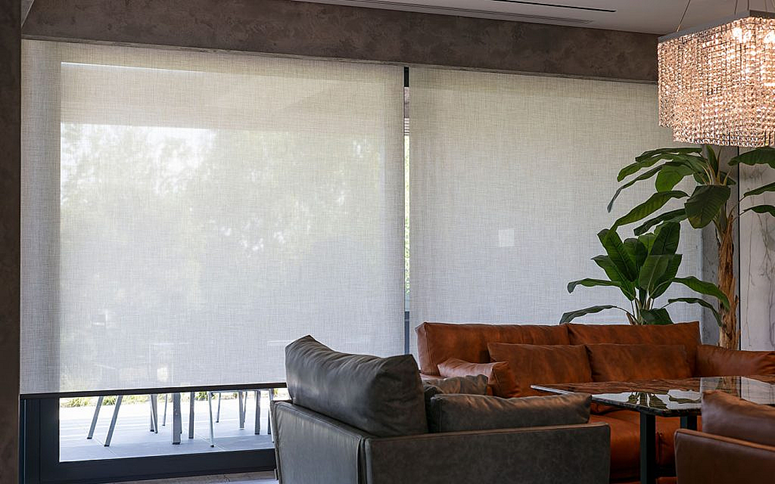Learn these tips to keep your house cool in the summer

With the rise in temperatures, pressure increases on the use of electrical appliances in homes, especially cooling devices, such as air conditioners and fans . The use of kitchen appliances, such as refrigerators , and those used in preparing cold foods, such as blenders, increases, which is directly reflected in the temperature inside the house.
In the summer, electricity bills usually rise, and the American Bloomberg Network estimates that bills in many hot countries increase by about 20 percent, compared to periods of moderate weather, and the reason is due to the increase in reliance on electrical appliances.
Electrical engineer, Osama Al-Ali, told Al-Araby Al-Jadeed: “In the summer, the pressure on home appliances increases for many reasons, including the need for cooling, whether during the day or at night, and therefore the operation of air conditioners or fans for long periods, in addition to other devices, such as television or video games, given that children spend most of the time at home, and this leads to an increase in the temperature inside the house, and the high temperature increases the problems of electrical appliances, so it is advised that they should be used in moderation in the summer . ”
It is recommended to keep the temperature of the air conditioner at 22 to 24 degrees Celsius, and Al-Ali explains: "Air conditioners consume more energy if they are set at a lower temperature, and decreasing one degree leads to an increase in consumption by 6 percent, so less heat means more electricity, which means bigger bills."

It is also recommended to adjust the temperature of the refrigerator between zero and 4 degrees Celsius, while not opening it frequently, to help keep the food cold, and not strain the refrigerator. It is also recommended to use moderate lighting, dispense with regular lighting, and replace it with energy-saving lighting that is highly efficient in energy consumption, which saves up to 75 percent, and stop using lighting during the day, and only use it during the night.
Many people cannot dispense with the use of hot water, and therefore the heater, even in the summer, but the heater can only be turned on for hours, and used throughout the day, or more accurately, changing some daily habits, and operating the heater during daylight hours saves electricity consumption, due to the high temperatures.

Refrigerators should be used in a balanced manner (Getty)
Al-Ali believes that "it is important to use tools for cooling electrical appliances, such as a computer, which include types of small fans, which contribute to reducing electricity consumption. The US Department of Energy advises to reduce the use of electrical appliances, in addition to repeating some tasks that increase their efficiency, including cleaning or replacing air conditioner filters once a month during the summer, because this reduces pressure on the air conditioner, and makes it work more quickly, as well as reducing electricity consumption, and turning off various appliances in the kitchen or bathroom after finishing cooking or showering, and keeping it closed Windows and doors to prevent heat from entering the house

The director of the Natural Resources Program at the Institute of Environmental Studies at the Lebanese University of Balamand, George Mitri, believes that the buildings of capitals and cities are practically witnessing a rise in temperature compared to the countryside, and he assures Al-Araby Al-Jadeed that this is due to two factors. generators, all of which is reflected in the heat.
Mitri adds, "Keeping homes cool in the summer can be achieved by following basic steps, including reducing the number of electrical appliances used, regulating their usage times, in addition to making homes cooler through engineering characteristics, the most important of which is the presence of tight insulation that prevents external heat from entering homes."
Al-Ali agrees with Mitri, saying that "rural houses are usually built using rocky stones, which serve as thermal insulators, and the construction methods used to allow the passage of air currents, but today, due to factors including small spaces and commercial goals, it has become difficult to control the spaces, and therefore it is difficult to control the coldness of the houses."
Source: websites

